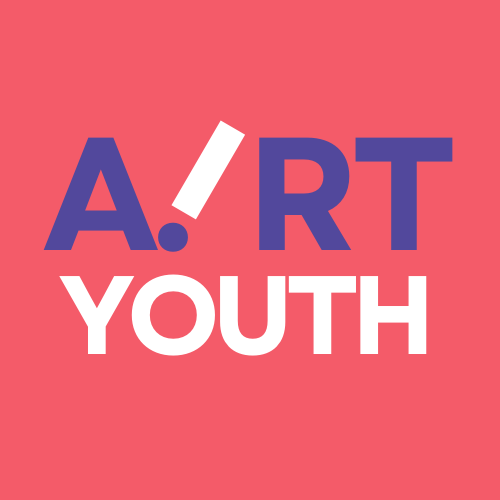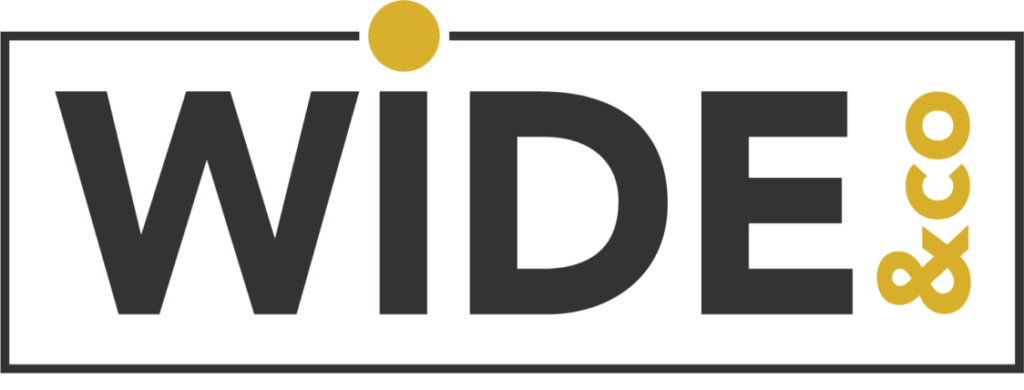On March 27, 2025, Inter Alia hosted an hands-on youth workshop in Athens, the session gathered youth workers, educators, artists, and cultural practitioners for a day of collaborative exploration, critical reflection, and speculative creativity. The focus? Understanding how generative artificial intelligence (GenAI) is transforming the ways we imagine, create, and engage with culture.
Moving Beyond Tools: Culture, Ethics, and Speculation
Rather than focusing exclusively on digital tools or emerging tech trends, the workshop embraced a broader lens. It invited participants to critically reflect on the creative possibilities and cultural tensions introduced by GenAI — engaging with both its potential and its pitfalls.
It kicked off with an imaginative icebreaker titled “AI & Me.” Each participant envisioned a fictional AI collaborator, complete with quirky creative traits and artistic preferences. This playful introduction helped set a tone of curiosity, openness, and speculative thinking.
Participants then formed small groups and engaged in storytelling exercises, using speculative prompts such as:
- “A lost civilization’s AI-generated music is rediscovered — how does it change culture?”
- “A play is written by AI and performed by humans. What themes emerge?”
- “A law mandates that all AI-generated art be labeled. How does society react?”
- “AI creates new dance styles never before imagined. How does the dance world respond?”
Before turning to any digital tools, each group spent time defining the cultural, ethical, and narrative frameworks of their stories. Once their scenarios were fully fleshed out, they used GenAI platforms to explore creative outputs — not as final products, but as extensions of their concepts. The results ranged from hopeful to ironic, cautionary to visionary — each story a reflection of how young creatives navigate and negotiate emerging technologies.
A Debate with No Easy Answers
One of the most powerful moments of the day came during a structured ethical debate. Participants were asked to respond to three provocative statements:
- “AI can be a true artist.”
- “AI-generated art should be legally recognized as human-created art.”
- “AI democratizes creativity and makes art more accessible.”
This sparked lively and nuanced conversations around themes of authorship, artistic agency, access, recognition, and labour. While some embraced the idea that AI could expand artistic expression, others raised concerns about the erosion of the artist’s role and the commodification of creativity.
Though the original plan was to conclude with a co-created manifesto, the depth and momentum of the debate led to a more spontaneous and open-ended group discussion, highlighting the value of process over product.
Key Reflections and What Comes Next
Informal feedback from participants revealed strong enthusiasm for the workshop’s format and themes. Key takeaways included:
- Appreciation for the storytelling-based structure and speculative framing
- Interest in more time to explore GenAI tools and platforms
- A desire for more theoretical context to frame the discussions, including short lectures or readings
- Enthusiasm for follow-up labs and continued dialogue
The session reinforced the importance of creating thoughtful, cross-sectoral spaces that go beyond hype or fear, where young people and cultural practitioners can critically engage with the future of art and technology.
Looking Ahead
This workshop was just one step in a growing conversation. As AI continues to shape creative practices and cultural institutions, we must ask:
What kind of futures do we want to co-create with AI — and who gets to decide?
Stay connected for upcoming events, labs, and publications exploring culture, creativity, and technology. The journey is just beginning.






